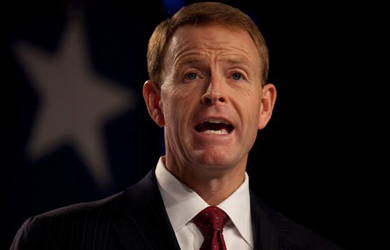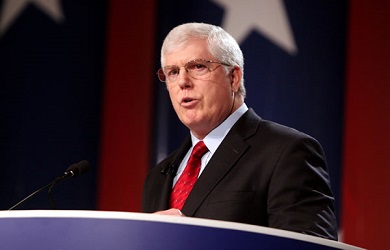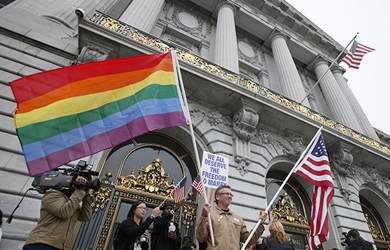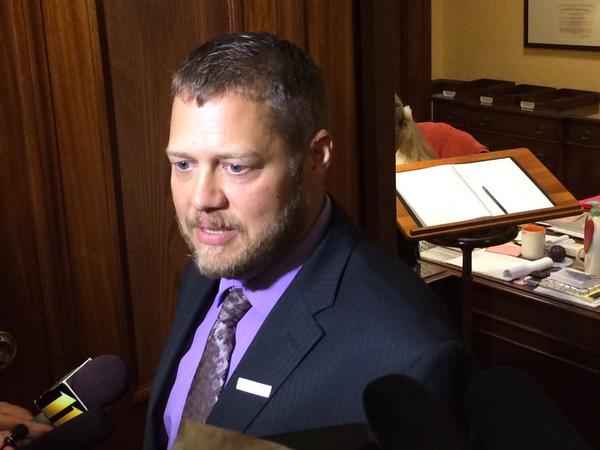Over the holiday break, I started reading “What Comes Naturally: Miscegenation Law and the Making of Race in America” by Peggy Pascoe and it is absolutely fascinating – I highly encourage you to pick up a copy and read it, but for now I want to highlight a few passages from the introduction:
When societies decide who can and who can’t legally marry, they determine who is and isn’t really a part of the family. These inclusions and exclusions take place at such an intimate level that they shape what seems natural and, in turn, what is stigmatized as unnatural.
…
From the 1860s through the 1960s, the American legal system elevated the notion that interracial marriage was unnatural to commonsense status and made it the law of the land. During this period, miscegenation law channeled property, propriety, personal choice, and legitimate procreation into one very particular kind of monogamous marital pair: couples that were made of up one White man and one White woman, whose sameness of race was required by law and whose difference in sex was taken entirely for granted. The more Whites believe that interracial marriage was unnatural, the more they assumed that the marriage of one White man to one White woman was the only kind of marriage worthy of the name – and the more they saw their own marriages as the fortunate result of individual romantic preference rather than the obligatory outcome of a legal system steeped in gendered assumptions about race and heterosexuality.
…
The constitutional fiction of miscegenation law held that laws punishing both partners in an interracial relationship were racially equal rather than racially discriminatory. This, for example, was the position the Alabama Supreme Court put forth in 1881 in Pace v. State, a case involving a White woman and a Black man, when it ruled:
The fact that a different punishment is affixed to the offense of adultery when committed between a negro and a white person, and when committed between two white people or two negroes, does not constitute a discrimination against or in favor of either race. The discrimination is not directed against the person of any particular color or race, but against the offense, the nature of which is determined by the opposite color of the cohabiting parties. The punishment of each offending party, white or black, is precisely the same. There is obviously no difference or discrimination in the punishment. The evil tendency of the crime of living in adultery or fornication is greater when it is committed between persons of the two races than between persons of the same race.
The was also the position the Oregon Supreme Court maintained a half century later when it ruled that its miscegenation law did not discriminate against Indians because it “applies alike to all persons, either white, negroes, Chinese, Kanaka, or Indians.”
And let’s just compare that to Bryan Fischer’s response to the Prop 8 ruling:
Perhaps the most ridiculous thing about Judge Vaughn Walker’s ruling in the Prop. 8 case is that he claimed to give homosexuals something they in fact already have: full marriage equality.
Homosexuals right now, as you are reading these words, have full marriage equality in America. There is no place in the United States where they don’t.
They have exactly, precisely the same right to get married that every other American has: to a non-relative adult of the opposite sex.
Don’t let homosexual apologists fool you here. They already have full marriage equality. Nobody anywhere has deprived of them of their right to marry. Period. They have exactly the same right to marry that you and I do, no more, no less.
What they want is not equal rights, but special rights. They want a special exemption carved out for them so that their sexually aberrant relationships can be recognized as marriages, an exemption we don’t grant to folks who want to marry a son or a daughter, or a mother or a father, an uncle or an aunt, or a child.
All of those represent sexually aberrant relationships, with all their attendant physical and psychological dangers, and for that reason public policy does not permit such marriages.
So when we say two homosexuals cannot marry, we’re not depriving them of marital rights any more than when we say the same thing to a pedophile. A pedophile has the same right to marry that every homosexual does — the right to marry a non-relative adult member of the opposite sex.
So let’s end this nonsense that somehow we aren’t being fair to homosexuals. You can’t get any more fair than seeing to it that the same rules apply to everybody.








